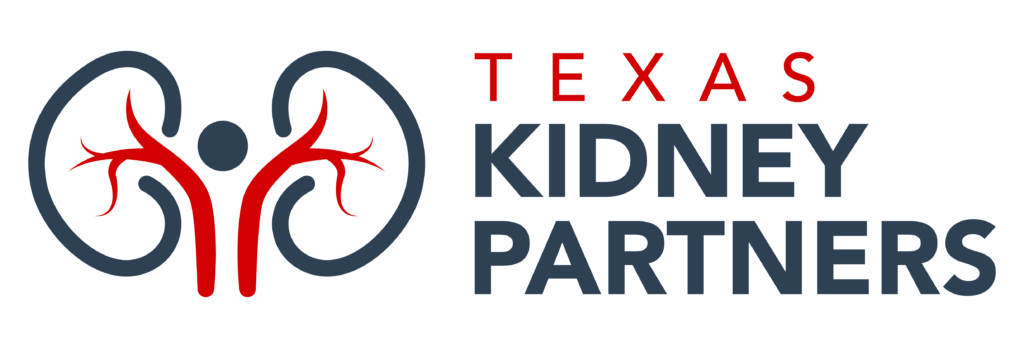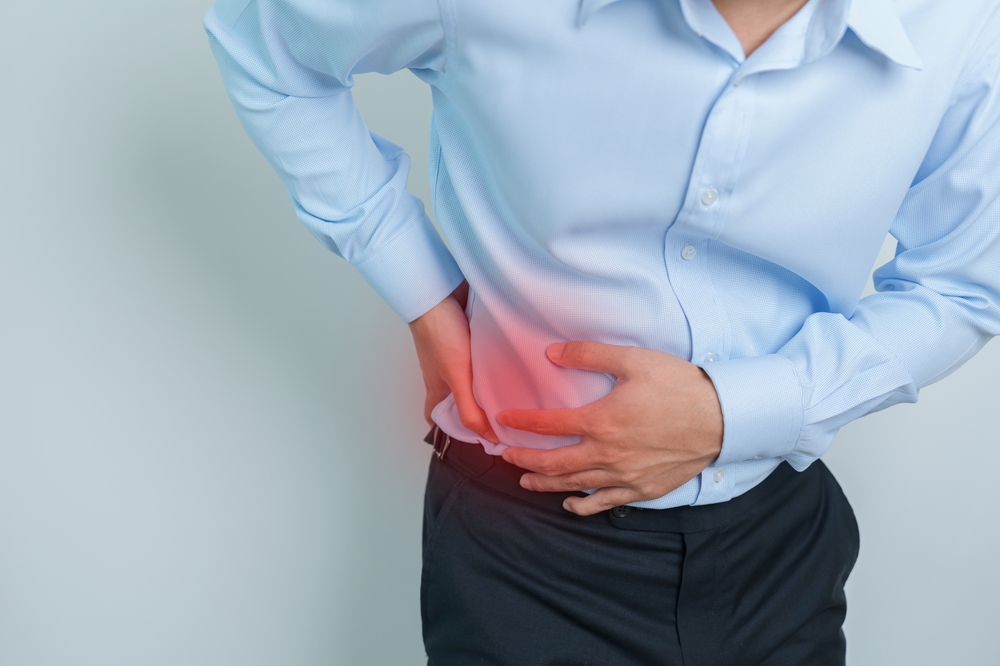What is Kidney Disease?
- Kidney Disease is a leading cause of death in the United States, causing more deaths than breast cancer or prostate cancer (NVS 2021 report of 2018 data).
- Although it affects more than 1 in 7 adults, approximately 90% of those with Kidney Disease do not know they have it.
- The natural course of Kidney Disease is progression to End Stage Renal Disease (ESRD) also known as kidney failure where one requires dialysis or kidney transplant.
- Fortunately, if diagnosed and managed well, Kidney Disease progression can be slowed down further delaying the onset of kidney failure and improving overall quality of life.
5 Risk factors for Kidney Disease
- Diabetes
- Hypertension
- Obesity
- Family history of Kidney Disease
- Heart disease
6 Signs that you may have Kidney Disease
- Leg or facial swelling
- Foamy urine
- Decrease in urine volume
- Pink or dark urine
- Generalized weakness
- Frequent urination (especially at night)
7 Things one with Kidney Disease can do to
- Maintain good control of Diabetes and Hypertension
- Dietary salt restriction
- Maintain adequate hydration (drink to thirst)
- Avoid certain medications such as NSAIDs (Ibuprofen, aleve, advil). It is best to check with your doctor prior to starting any new medication.
- Get actively involved in your care. This includes understanding your disease better, keeping your appointments with your doctor.
- Quit smoking
- Regular exercise

